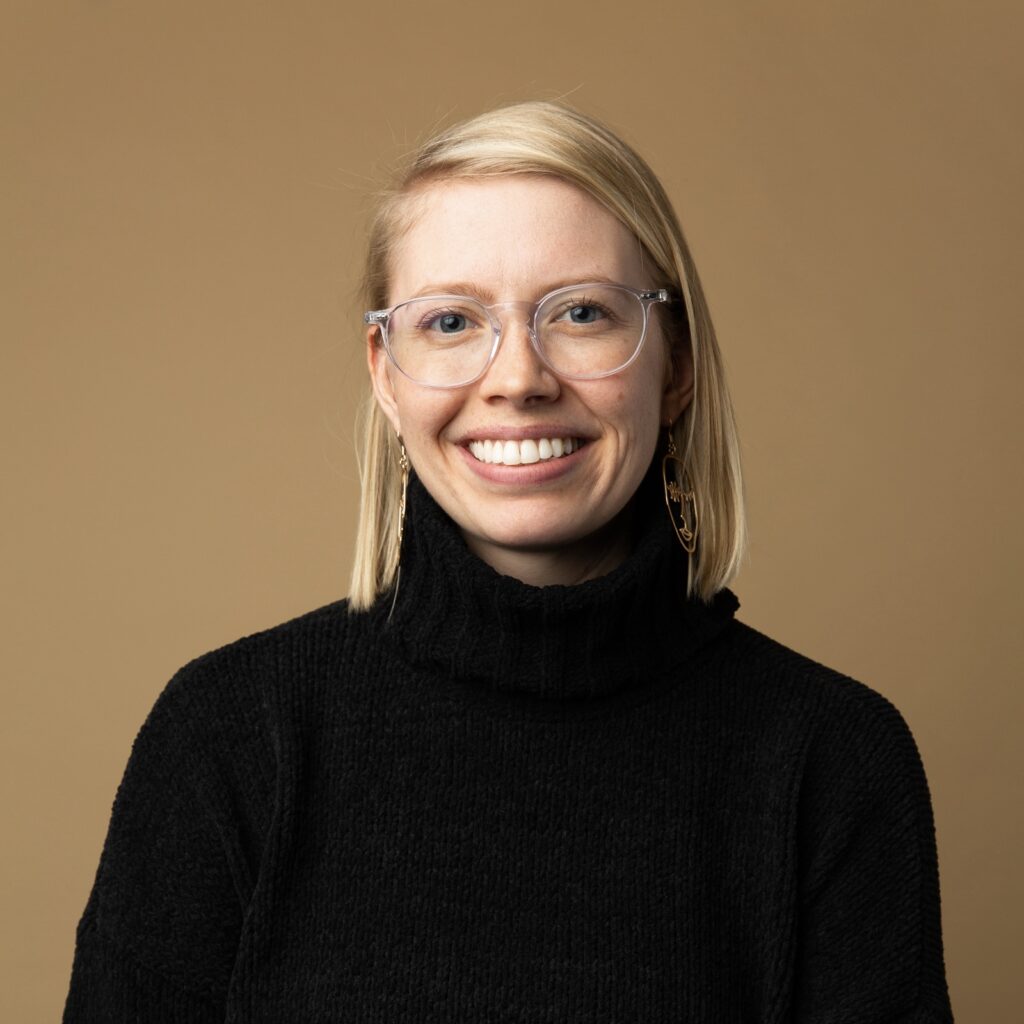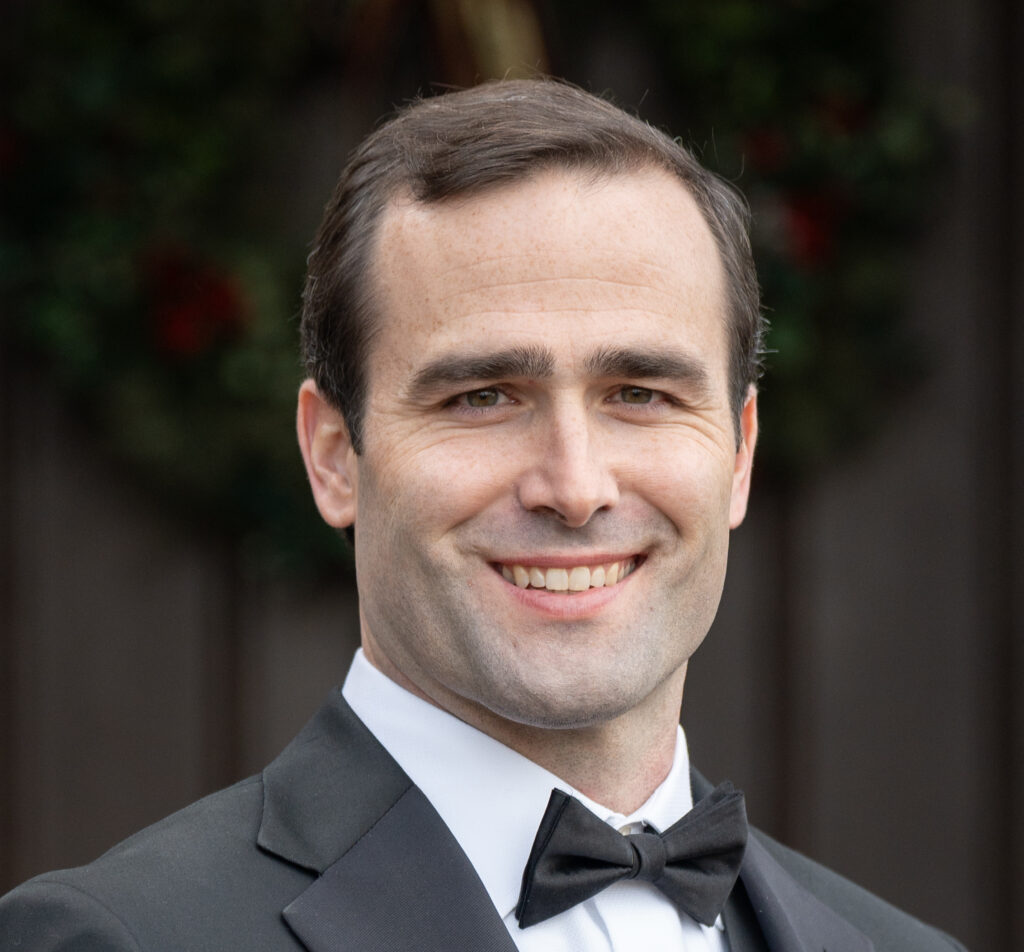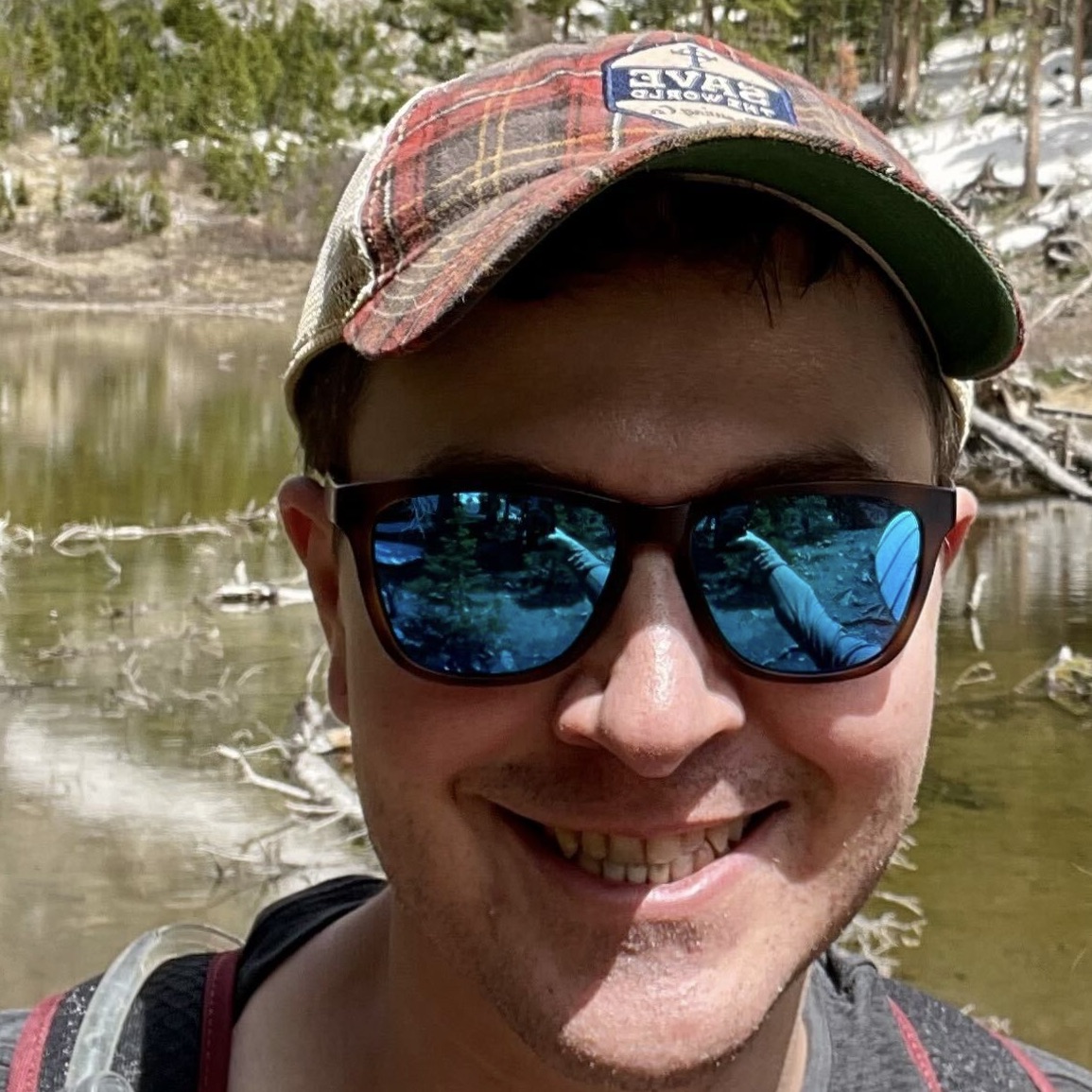How six Raptive engineers fell in love with tech

Raptive’s “Breaking Down the Silos” working group doesn’t just organize incredible company-wide hackathons—we also take requests! When we asked our ad code and tech teams what they’d like to hear about in a panel discussion, one topic stood out: how did you get into tech?
One of the best things about Raptive is that we are a kaleidoscope of different backgrounds, just like our creators. Our varying journeys are what make our company such a great place to work and why we’re passionate about helping our team and creators do the work they love.
So, by popular request, Breaking Down the Silos hosted Falling in Love with Tech, where six Raptive engineers shared how they got started in tech and how their careers have evolved over time. Here, we share some of our favorite moments from the event!
Falling in love with tech

Rohail Altaf
Staff Software Engineer, Slickstream + Creatorbot
What initially sparked your interest in technology and led you to pursue a career in this field?
My aunt was pursuing a bachelor’s in computer science, and she used to babysit me while my mom was at work. At one point I watched her build a game. When you’re a kid, building something is physical—like using LEGO. But that was the first time I realized you could build something out of literally nothing. All you have to do is type code into a computer.
With a computer and an internet connection, I could invent intangible things. She got me a book on basic HTML. I typed one thing and something else happened on the screen, and that’s when everything clicked. And I knew that’s what I wanted to do forever.

Shannon Maust
Quality Engineer II, Ad Code
What were some of the biggest challenges you faced while trying to enter the tech industry and how did you overcome them?
The biggest challenge was needing experience to get experience. I had to apply to a million jobs to get anything remotely in the tech field. It helped that I was willing to take any job in the beginning, then find technologies and tools I was interested in and get better at using them.
I was an administrator at a university and I thought, our website is awful. Can I fix it? And I did. I made whatever job I was doing work for what I was interested in, kept practicing, and little by little gained experience I could actually put on a resume. There’s some value in faking it till you make it!

Abby Dorso
Software Engineer I, Ad Code Experience
How did your background prepare you for your career in tech? Are there alternative learning paths you recommend?
When transitioning into tech, it’s about leveraging your skills and being willing to keep learning and adopting new ones. My lack of formal education in computer science gave me a unique perspective and a different approach to problems. Going through a career change strengthened my growth mindset.
It also helps to know your learning style. I started out with online courses then went through a coding bootcamp called Codesmith, and was really happy to have something structured and to be part of a community getting hands-on learning. I recommend working on a project or contributing to open source alongside the tech you’re trying to learn.

Jack Masterson
Staff Software Engineer, Ad Code Experience
What was your first project or role in tech and how did it shape your future career path?
My first full-time job as a software developer was at an ad company. I applied because it had ‘publisher’ in the name and I thought this is great. I’m fresh out of this coding boot camp. I have a background in book publishing. I’m the perfect fit. Then I sent it to my friend who works in advertising and he said this has nothing to do with book publishing.
I ended up being the only full-time developer at the company. One time the CEO came over, pulled up prebid.org, and said “That site? Learn it,” then walked away. So I learned a lot about Prebid in a short amount of time. That helped me get my next job, and the one after that, all in the advertising industry. I had to teach myself a lot, which was a good learning experience. And it all happened to be relevant to advertising.

Nikki Wertheim
Quality Engineer II, Ad Code Video
How have your career goals evolved since you first started in tech, and what influenced these changes?
I got my first QA job through a friend because I was 26 and needed health insurance. I always felt like I would fall into social work because of my background in gender studies, but I wasn’t sure if that was what I wanted to do. I went back and forth, constantly feeling like I was supposed to be doing social work because it was the thing I was naturally good at.
The things that kept me from loving QA were things that made me feel like I was naturally bad at it, which I’m not. It just doesn’t come naturally to me. So I took the energy I was putting towards thinking about what I was ‘supposed’ to be doing and dedicated it to learning how to do my job well.
I realized I could learn to be good at something instead of automatically being good at it. Once that happened I thought, okay, let me let go of my dream of social work, which as it turned out was not my dream at all. I settled into QA, and I don’t regret that decision for an instant.

Bryan Delerson
Quality Automation Engineer II, Ad Code
Can you share any pivotal moments or decisions in your career that significantly influenced your trajectory in the tech industry?
I used to work at an outsourced IT company where everyone relied on one of the owners when things got real—he was a safety net. If you were troubleshooting something or in over your head, you knew you could phone a friend and he would take care of things.
When he left, people started coming to me and I thought, I’m the safety net, aren’t I? I transitioned from I’m at the end of my rope, I’m going to ask this guy for help, to If I don’t figure this out, it’s not going to get figured out. I’ve got to do it. That was a huge turning point, both professionally and personally, learning to keep working at something until it’s done.
Raptive is building the future for creators. Learn more about careers in tech with Raptive!



